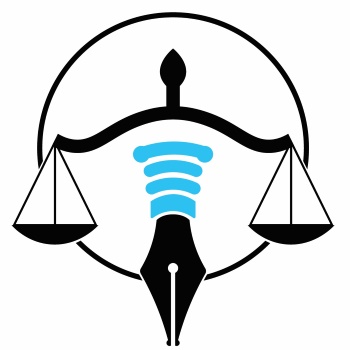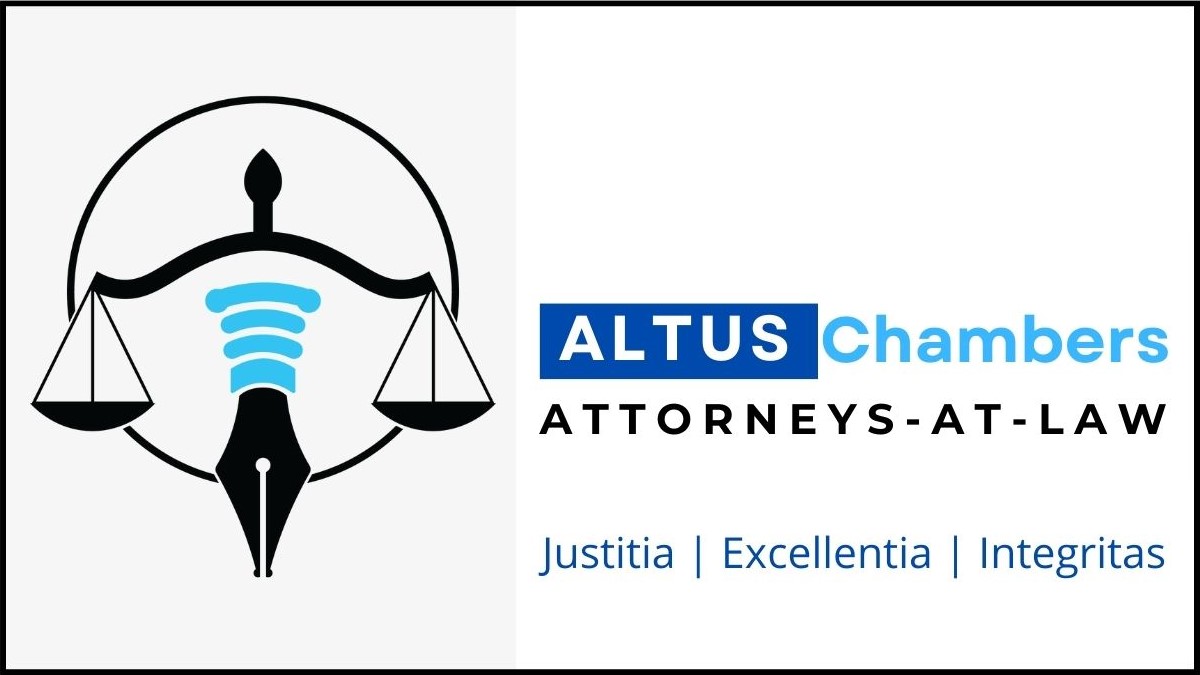Navigating the Personal Injury Claim Process
Getting involved in a motor vehicle accident can be a stressful and traumatic experience. It’s important that you prioritize your health, safety, and well-being following the accident. Even if you’re feeling fine, it’s still important to seek medical attention to ensure that there are no underlying injuries that may surface later.
If you strongly believe that a third party should be held responsible for the motor vehicle accident, after you have sought medical attention, you should then retain the services of an attorney who specializes in personal injury litigation. Your personal injury lawyer can inform you about the legal options available to you and whether or not you have a basis to file a personal injury claim. They will help to guide you through the entire process, provide legal advice, support and representation in order to recover compensation for any damages you may have sustained.
Documentation Required to Support Your Personal Injury Claim
Your attorney will require a range of documents and information to build a strong case on your behalf. This includes police reports, witness statements, receipts for medical services and medication, medical reports and any other relevant evidence. It is important to be as communicative as possible with your attorney and to provide any necessary documentation promptly. In addition, it is important to note that in recovering damages for personal injury, you are not only entitled to damages for medical expenses that you have incurred, but you may also be entitled to recover damages for pain and suffering and amenity loss, domestic assistance, loss of income and other heads of damage that may be relevant to your claim. Your lawyer can advise you on the documents that you will need to gather to ensure that you have a successful claim.
Interim Payments Pending Settlement of your Personal Injury Claim
During the handling of your personal injury claim, your attorney may wish to seek interim payments to help you cater for financial needs arising from the accident. Interim payments in personal injury cases are a powerful tool that claimants can leverage to secure their financial stability during the legal process. Interim payments in personal injury cases are payments made by an insurance company or liable party to the claimant before the final settlement is reached. These payments are typically larger than normal payments made during the case to cover immediate expenses such as medical bills, lost earnings, or rehabilitation costs. Claimants who are facing significant expenses can pursue this option should they require financial assistance.
Interim payments are not only meant to cover present expenses but future ones as well, which makes them a truly valuable aspect of the legal process. Additionally, these payments signal the insurance company’s willingness to negotiate with the claimant and their legal team for a fair settlement. As a result, interim payments are an excellent resource for victims who have sustained a severe injury and need ongoing medical care and are unable to continue working.
Filing a Claim Form to Preserve the Action
Filing a claim is an important step to preserve an action under the Limitation of Actions Act Cap 231 Barbados. This act sets a time limit within which legal proceedings can be brought against someone. The limitation period for brining a claim for damages for personal injury is three years under the Limitation of Actions Act. This three-year period may be extended in special circumstances, such as where the claimant was a minor or under some form of disability at the time of the motor vehicle accident occurred. Once the three-year period has expired, the claimant loses the right to bring a claim.
By filing a claim within the specified time limit, the claimant effectively preserves their right to initiate legal proceedings against the defendant. This is critical as it ensures timely resolution of disputes, provides legal certainty, and prevents unnecessary delays and legal complications. Failure to file a claim within the prescribed time limit can have serious consequences, including losing the opportunity to seek legal redress. Therefore, it is essential to act promptly and file a claim within the allowable time frame to protect your legal rights and interests.
Keeping You Informed throughout Negotiations and Settlement
Client care and communication are crucial in the handling of personal injury claims. Clients need to be assured that their lawyer is working in their best interest and that they are actively involved in the negotiation and court process. Keeping clients up to date regarding the progress of their claim, including their options and the possible outcomes, is an essential part of handling the matter, as it demonstrates transparency, trust, and mutual respect in the attorney-client relationship. The lack of proper communication and client care may lead to clients feeling undervalued or ignored, thus breaking the essential trust and confidence that clients should have in their lawyer. Therefore, it is essential for lawyers to ensure that their clients receive excellent service through prompt communication, thorough explanations, and regular updates on their personal injury claim.
Settling the Matter through the Courts
If a personal injury claim cannot be settled amicably, your lawyer will have to proceed with the matter to trial. This may occur where the other side denies liability or the parties cannot reach an agreement on the amount of damages that should be paid. During litigation, both parties will present their evidence and arguments to a judge, who will then make a determination on liability and how much compensation should be awarded flowing from a finding of liability.
Going to court can be a lengthy and expensive process, and there is no guarantee of success. Additionally, the stress and emotional toll of litigation can be significant for both the plaintiff and defendant. It is often in the best interest of both parties to try to settle a personal injury claim outside of court through negotiation or alternative dispute resolution methods such as mediation or arbitration.
All in all, if you are pursuing a personal injury claim, your lawyer should work diligently to provide you with expert legal advice and representation every step of the process. Ultimately, with their help, you can feel confident and assured that you will receive the compensation you are entitled to from your motor vehicle accident case.
If a personal injury claim cannot be settled amicably, your lawyer will have to proceed with the matter to trial. This may occur where the other side denies liability or the parties cannot reach an agreement on the amount of damages that should be paid. During litigation, both parties will present their evidence and arguments to a judge, who will then make a determination on liability and how much compensation should be awarded flowing from a finding of liability.
Going to court can be a lengthy and expensive process, and there is no guarantee of success. Additionally, the stress and emotional toll of litigation can be significant for both the plaintiff and defendant. It is often in the best interest of both parties to try to settle a personal injury claim outside of court through negotiation or alternative dispute resolution methods such as mediation or arbitration.
All in all, if you are pursuing a personal injury claim, your lawyer should work diligently to provide you with expert legal advice and representation every step of the process. Ultimately, with their help, you can feel confident and assured that you will receive the compensation you are entitled to from your motor vehicle accident case.


